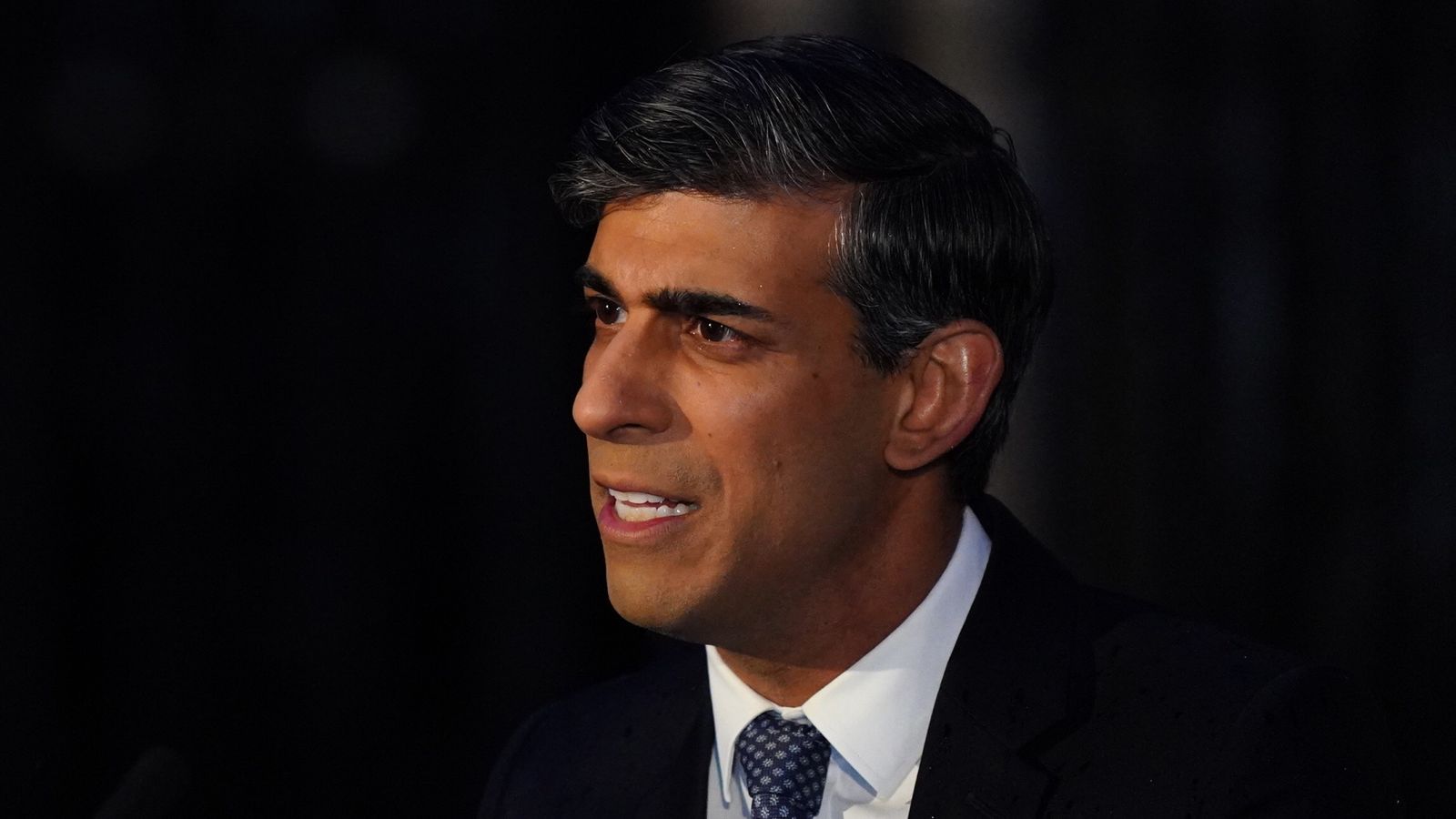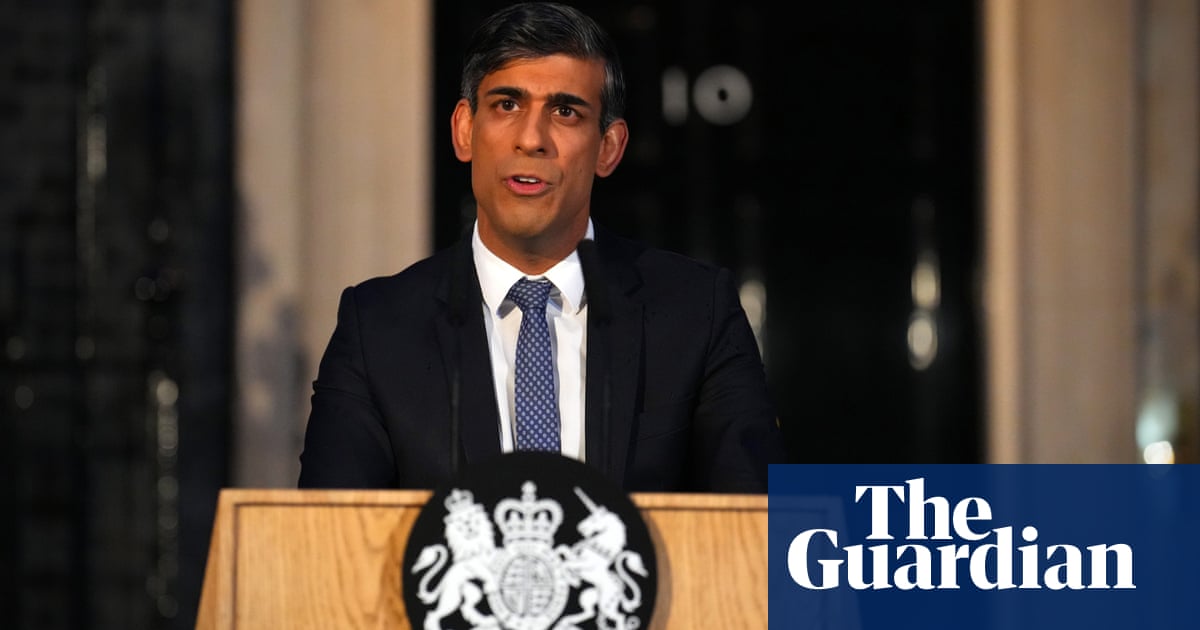
Rishi Sunak has condemned extremist forces for trying to tear the UK apart in a Downing Street address. He cited recent events such as the Rochdale by-election and protests against Israel's military response to Hamas attacks, which have seen dozens arrested for antisemitic chanting and banners inviting support for Hamas. Sunak also warned that democracy itself is a target of extremists who are spreading a poison that is extremism.




